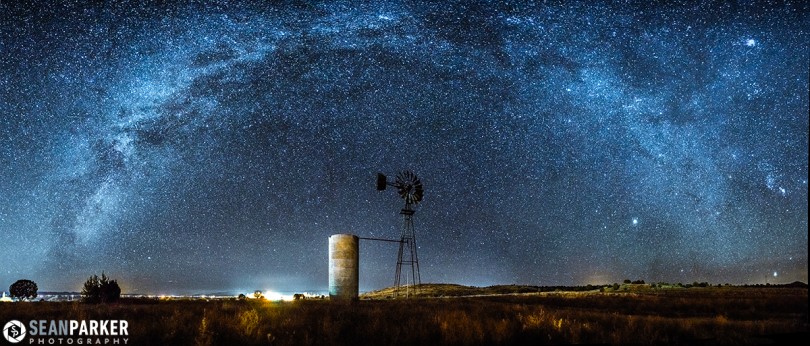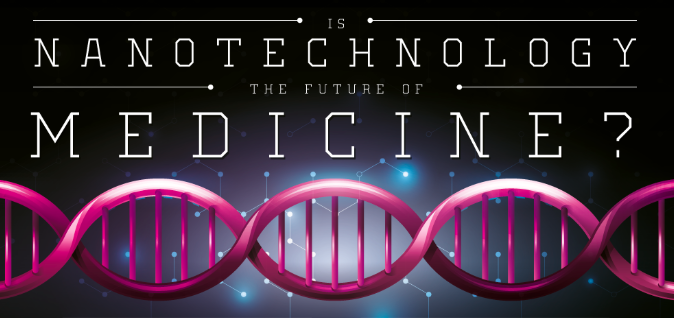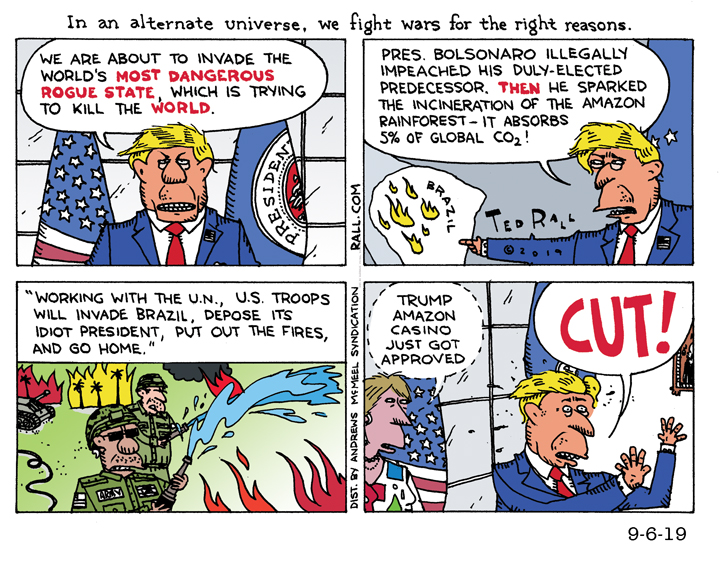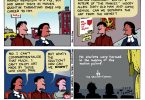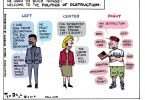aNewDomain — Is the Milky Way galaxy, in a spiral arm of which our planet Earth resides, one huge wormhole that could facilitate interstellar space travel? A scientific team comprising researchers from India, Italy and North America recently concluded that, wild as that sounds, the idea is a possibility.
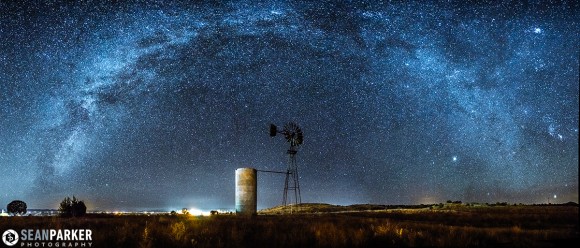
Image Courtesy of Sean Parker
Research team member Paolo Salucci, a dark matter expert who’s also an astrophysicist with the International School for Advanced Studies (SISSA) of Trieste, tells us:
If we combine the map of the dark matter in the Milky Way with the most recent Big Bang model to explain the universe and we hypothesize the existence of space-time tunnels, what we get is that our galaxy could really contain one of these tunnels, and that the tunnel could even be the size of the galaxy itself. But there’s more. We could even travel through this tunnel, since, based on our calculations, it could be navigable…
Obviously we’re not claiming that our galaxy is definitely a wormhole, but simply that, according to theoretical models, this hypothesis is a possibility. In principle, we could test it by comparing two galaxies — our galaxy and another, very close one like, for example, the Magellanic Cloud, but we are still very far from any actual possibility of making such a comparison.”
Salucci goes on to elaborate that astrophysicists and theoretical physicists for a long time now have attempted to explain dark matter by hypothesizing the existence a particular particle called a neutralino. But this is problematic because the neutralino has neither been observed naturally nor ever identified at CERN. So, alternative theories with no reliance on neutralinos’ existence have been formulated yet.
Salucci says, “Perhaps it’s time for scientists to take this issue ‘seriously.’ Dark matter may be ‘another dimension’, perhaps even a major galactic transport system. In any case, we really need to start asking ourselves what it is.”
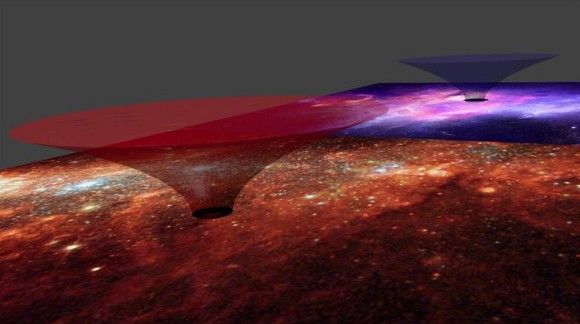
Image Courtesy of David and Paolo Salucci
Wild Scientific Ideas
More scientifically known as Einstein-Penrose bridges, wormholes and wormhole-like phenomena have appeared throughout science fiction literature, including the classic sci-fi such works of Joe Haldeman, Robert A. Heinlein, Iain M. Banks and, perhaps most notably, Frank Herbert’s Dune books.
We humans on Earth seem to have a deep and abiding sense that intergalactic travel must be possible, and we also project that it must be possible in similar timeframes in which airplane travel between cities on Earth happens (minus the long waits in airports, of course). The inconceivable vastness of our universe seems to make such travel within such timeframes scientifically impossible — unless, that is, two distant points in ‘spacetime’ can be folded over on top of each other, or spacetime can be tunneled through, with the tunnels acting as shortcuts between two vastly separated places in spacetime.
Wormholes would allow for such tunneling.
Some people — including out-of-the-box thinking scientists — assert that the Earth has been and perhaps still is visited by humanoid extraterrestrials from another planet — possibly from a “super-habitable” world. But if no such planet can be found just beyond the edge of the Earth’s solar system, could the assertion be maintained with the discovery of a wormhole in (or as) the Milky Way galaxy?
Astrophysicists and astronomers typically dismiss the notion of wormholes as pure fantasy and wishful thinking, often getting tendentious about it. However, there are and always have been those who do take the possibility of wormhole existence seriously. These latest research results should yield more reasons to get serious about finding or figuring out how to create wormholes. Human beings’ far future seems to demand them as necessities.
In order to discover wormholes, scientists may need to get even more radical in their thinking than this latest research, however.
The research assumes that dark matter is real and that the Big Bang is the origin of our present universe. But what if dark matter has been magically conjured up due to a grievous previous error? And the Big Bang theory — which is taken as gospel truth by the vast majority of scientists — is riddled with problems, which is why there exist alternative theories to explain the origin of the universe.
Well … it’s certainly something to think about. For now I guess I’ll re-read Dune…
For aNewDomain, I’m Brant David.

